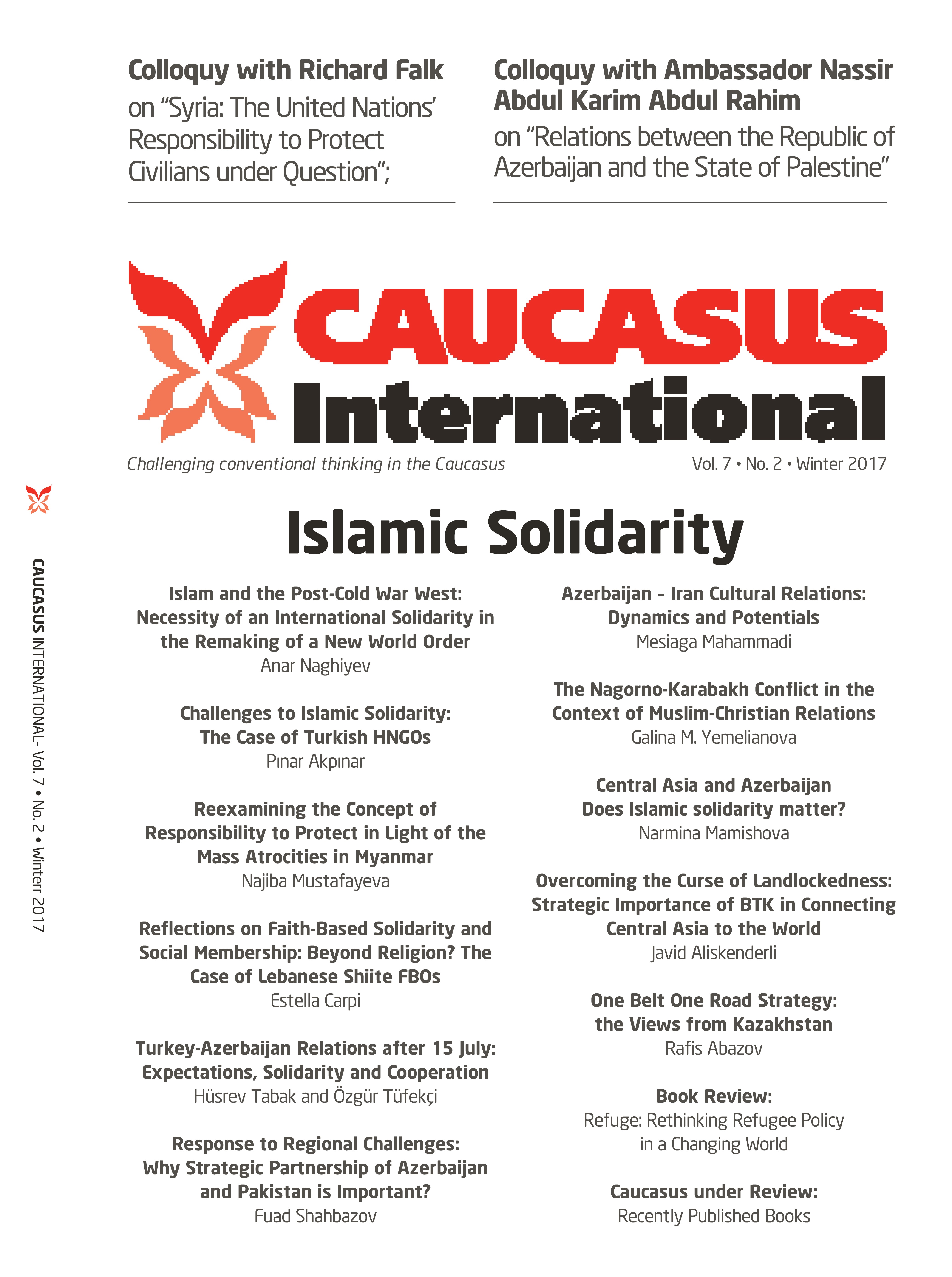Reflections on Faith-Based Solidarity and Social Membership: Beyond Religion? The Case of Lebanese Shiite FBOs
During the July 2006 postwar period in Beirut’s southern suburbs (Dahiye), which were destroyed by the Israeli air force in its effort to annihilate the Lebanese Shiite party Hezbollah, the Islamic Shi‘a philanthropic sphere has been growing. It has pioneered the postwar reconstruction process and local relief provision, while diversely defining itself in relation to its secular and faith-based counterparts. This paper examines the extent to which religious providers develop solidarity with or antagonism towards provider members of the same community in times of crisis. Indeed, intracommunity solidarity among different aid providers tends to be taken for granted. Problematizing this common belief is particularly important for defining the ways in which social solidarity either develops or contracts across faith-based communities during conflict-induced displacement. In this context, aid provision and local accountability remain fundamental litmus papers. Drawing on in-depth, semi-structured interviews conducted in Dahiye from 2011 to 2013 with Lebanese Shiite faith-based organizations and private initiatives, a secular local organization, and their respective beneficiaries, this paper advances reflections on how social membership and acts of solidarity and charity interact within the Lebanese philanthropic scenario.
Latest news
- 03/17/2020 Call for Submission: “Non-Alignment Movement and Its Perspective in International Affairs”. Deadline: 1 July 2020 2624 views
Popular articles
- 02/24/2020 The Role of Irredentism in Russia’s Foreign Policy 2535 views
- 02/24/2020 Construction of sub-national identity vis-à-vis parent state: Gagauz case in Moldova 2218 views
- 02/24/2020 The Conflict in Ukraine - The Geopolitics of Separatism and Divergent Identities (Commentary) 2072 views
- 02/24/2020 The Role of the Soviet Past in Contemporary Georgia 2044 views





